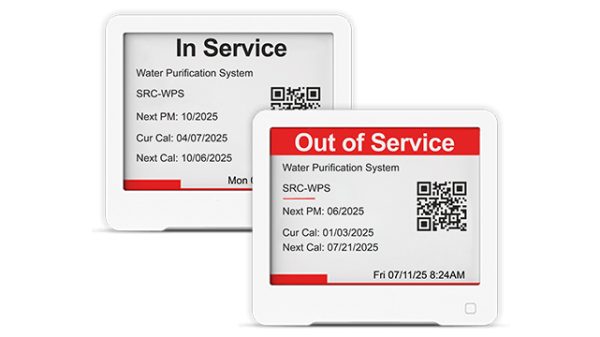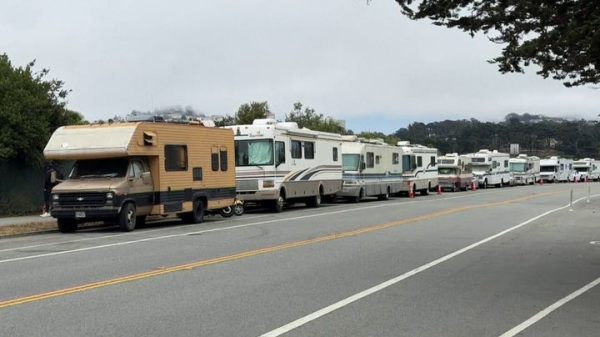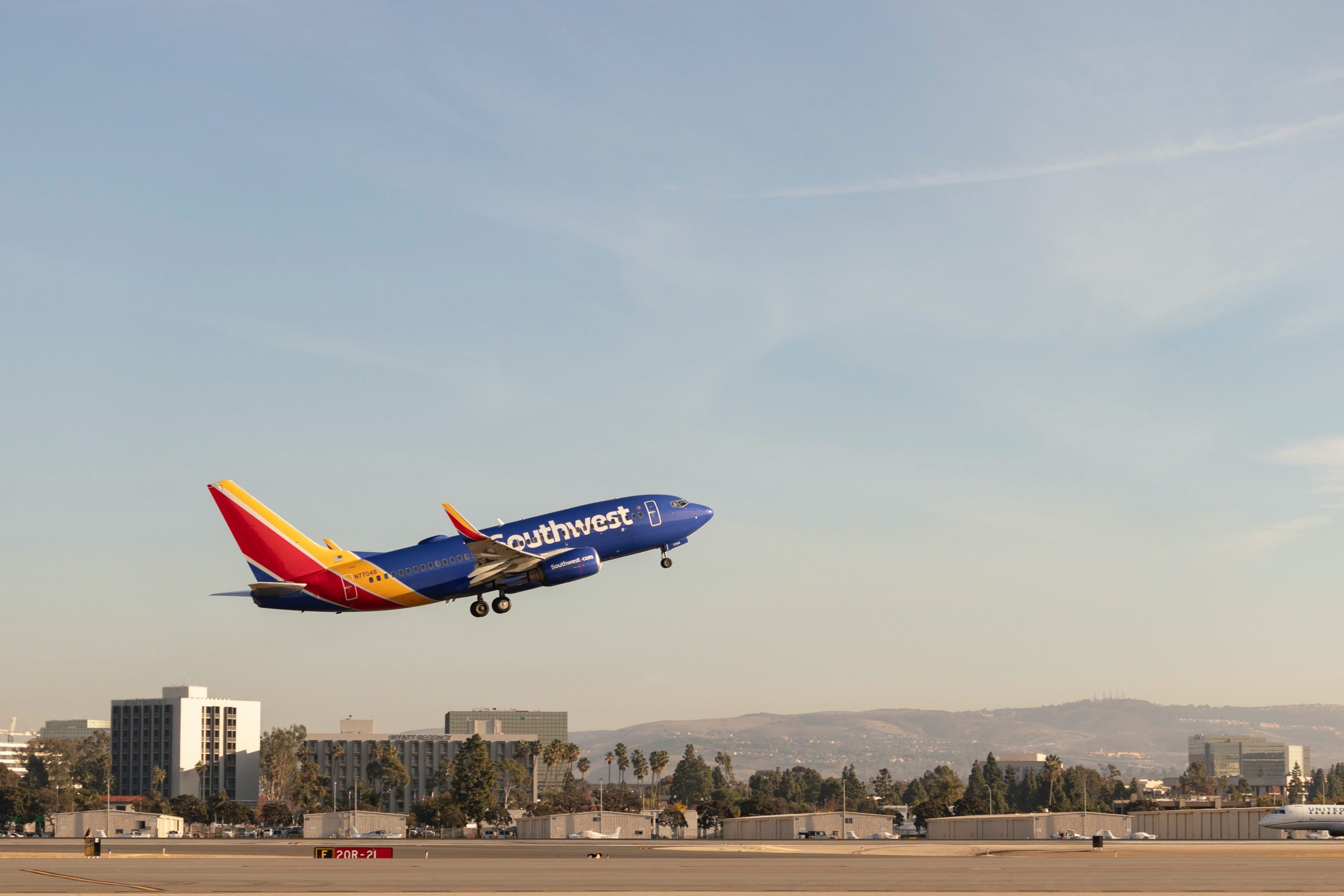“Southwest was the only remaining airline that didn’t punish my family financially when we wanted to sit next to our young children without paying $35-50 extra per flight,” Emily Porter, a doctor based in Austin, Texas wrote on X soon after the airlines announced it was doing away with its open-seating model.
Free bags will be on the chopping block next and they’ll be just as bad as American.
Drew Ayling, a software engineer at the Ford Motor company described the move as something that just simply did not “feel right” while TJ Moe, a former America football wide receiver called the move an “awful, awful decision”.
“Southwest has been my airline preference my whole life because of the open seating,” he said on X.
Porter, Ayling and Moe are only a few among many flyers who have been vocal about their disappointment with the airline’s decision to discontinue the open seating practice- its hallmark for over 50 years part of its “modernisation” efforts but more importantly for generation of additional revenue.
Announcing the move last Thursday, the airline shared that research it conducted indicated that 80% of Southwest customers, and 86% of potential customers, prefer an assigned seat. It even dubbed the open-seating model as the top reason a customer chose a competing airline.
While some have also welcomed the move, their number is few and far between which is prompting questions about whether the move will end up alienating the airline’s loyal customer base.
The egalitarian seating history of Southwest
The airline was founded in 1967 and headquartered in Dallas and soon set itself apart from its unique offerings, or rather lack of some.
First-time customers in the 1970s were welcomed on board with a unique proposition: self-serve, open seating. The reservation confirmed a flyer seat on the plane, only s/he did not know which one.
Some air hostesses would quip,
“It’s open seating. You can sit anywhere you want—just like at church.”
There were also no first-class cabins and nobody was given priority in boarding which demonstrated founder Herb Kelleher’s egalitarian operating philosophy and his dislike for the “class mentality”.
Matching peers’ offerings, good move or bad?
Along with assigned seating, Southwest will also now set aside roughly one-third of its seats for the premium and extended legroom portion of the cabin, stating it has been a strong preference of customers, and would be in line with what industry peers on narrowbody aircraft offered.
Christopher Meller, director of insights and analytics at Lundbeck, in an elaborate post on LinkedIn, called the move a “short-sighted mistake”.
Meller questioned the airline’s call to suppress a “key differentiator” to become just another “me too” product in a bid to gain fractions of market share.
“Sometimes, the rush to conform to what your competitors offer can turn your brand into a commodity rather than making it stand out. I believe this is what Southwest will soon face with their latest decision,” he said.
Disappointing earnings, pressure from Elliott Management behind the move
While the airline has dubbed the move a step towards modernisation, it is an open secret that disappointing earnings and share performance since the pandemic, coupled with pressure from activist investor Elliott Management has what forced the management’s hand.
Southwest’s financial performance has been underwhelming, with shares losing nearly half their value over the past three years during a time when the S&P 500 index has gained 25%.
The company’s trailing price-to-earnings ratio stands at 33, significantly higher than the industry median of 4.86 and its operating margin declined to 0.2% in the first half of this year from more than 13% in 2019.
Only two analysts of 18 have a “buy” rating on the stock, according to LSEG data, as reported by Reuters.
CEO Bob Jordan has said the shift could generate more than $1 billion in annual revenue and broaden the airline’s appeal.
What do analysts say?
Analysts have highlighted the need for new high-margin revenue streams to offset cost pressures.
According to Reuters, analysts at Raymond James expect the changes to contribute 95 cents a share to the airline’s earnings next year. It said rivals such as Delta, United and Alaska Airlines have been relying on big-spending premium travellers to protect their profits.
Analysts also said Southwest’s success would hinge upon its ability to market and sell the changes and break into a market it has never served before.
“Expectations should be tempered that assigned seating is a lightswitch change for Southwest,” said Conor Cunningham, an analyst at Melius Research told Reuters.
That Elliott itself has cast doubt on the supposed landmark move, cannot be ignored.
“This failed leadership team’s announced initiatives—obvious attempts at self-preservation—are simply not credible. Too little, too late is not a strategy. It’s time for new leadership,” Elliott said in a statement soon after the airlines made the announcement.
Southwest considered abandoning open seating and switching to assigned seating in 2006 but dropped the idea after tests showed the move might hurt its efficiency and increase boarding time by 1 to 4 minutes. The switch could also drive up labour costs as Southwest could need more agents for boarding, Reuters said.
The post Southwest Airlines’ move to end open-seating a strategic genius or a mistake? appeared first on Invezz
























